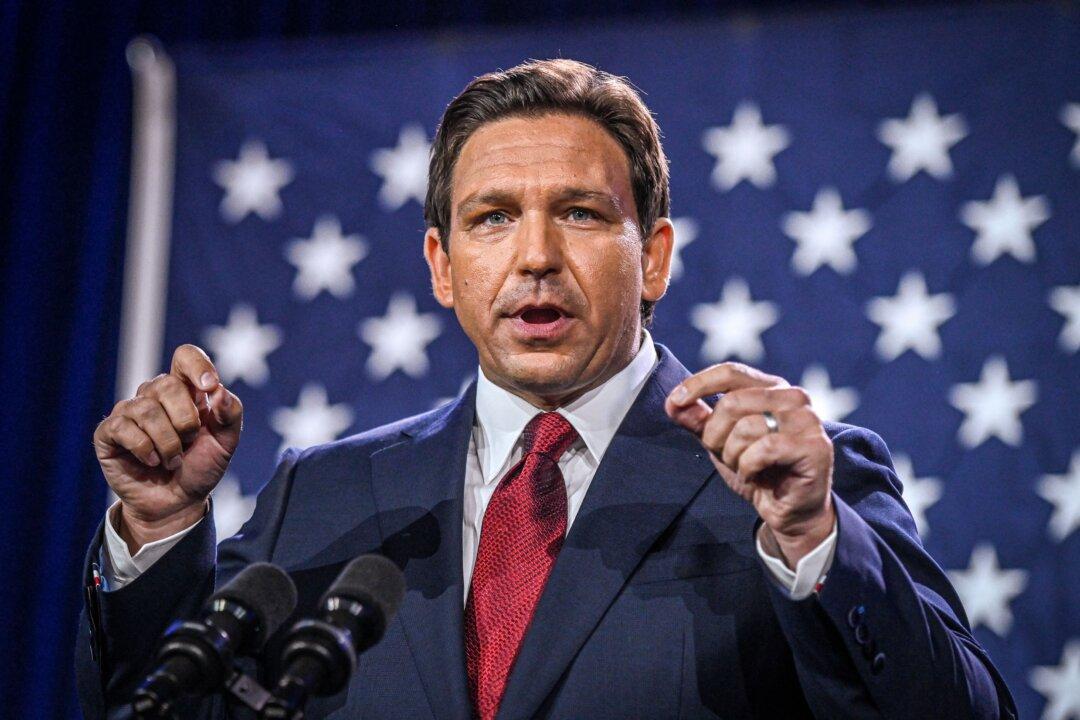Florida Gov. Ron DeSantis announced that he’s entered the 2024 presidential race in a video posted to Twitter on May 24.
“I’m Ron DeSantis. And I’m running for president to lead our great American comeback,” DeSantis, 44, says in the short campaign launch video posted to Twitter minutes ahead of his Twitter Spaces conversation with one of the world’s richest men, Elon Musk.





